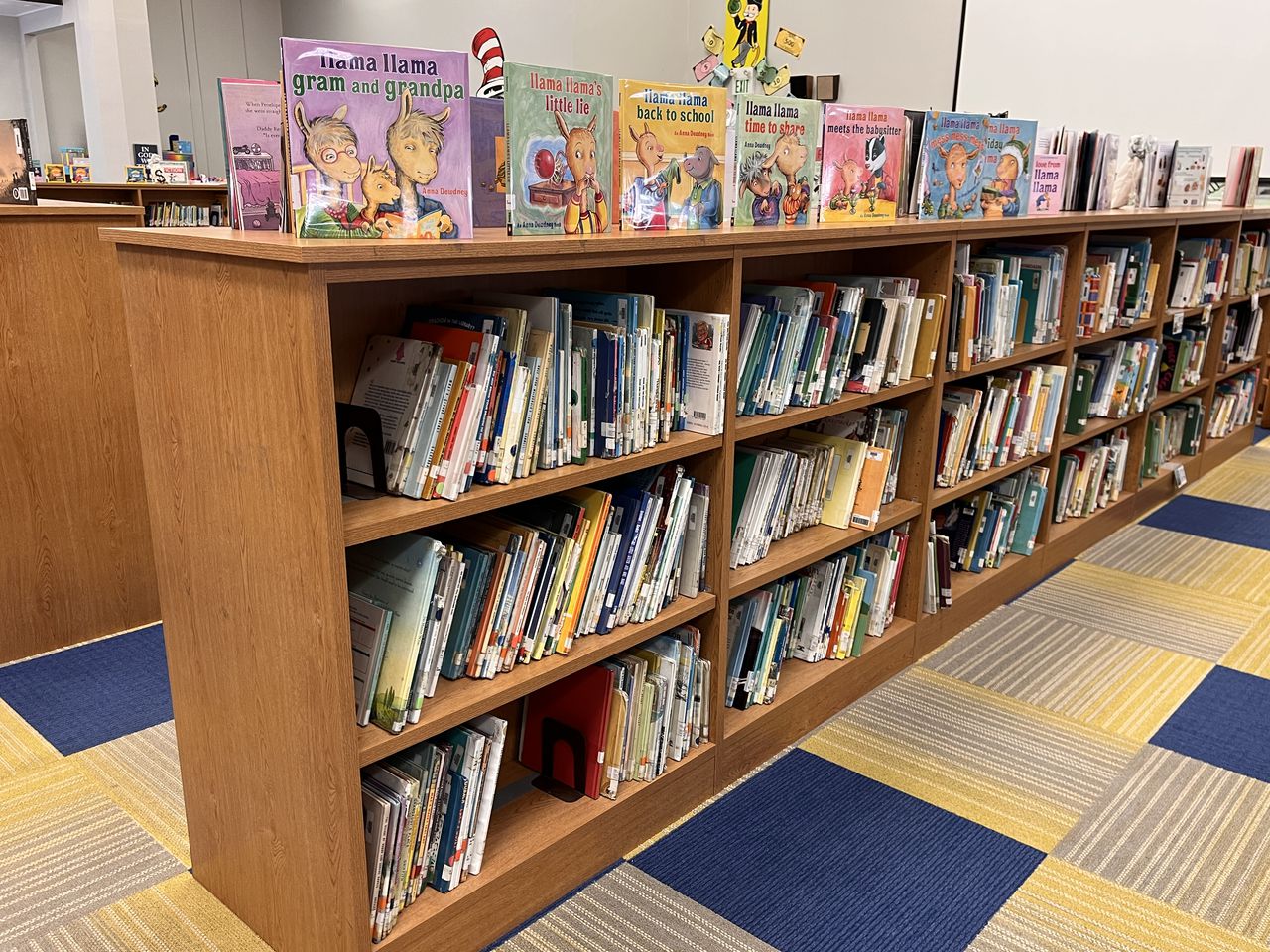Alabama state board to leave school library challenges up to local level
The Alabama Board of Education is staying out of the library debate for now.
State officials briefly discussed updating a content challenge policy, but decided to let individual schools continue to handle questions about library content. While some public libraries are facing questions about book collections and presentation, state superintendent Eric Mackey said he hasn’t seen an uptick in challenges of school library books.
“None of that, that I know of, has bled into our public school libraries,” Mackey said.
This summer, several communities have held large and long debates about whether to remove public library books with LGBTQ-positive or sexually explicit content from children’s and young adult sections, whether to take out Pride month displays and whether to change children’s checkout policies, with mixed results. This week, state officials decided to create a list of books with questionable content and circulate the list to individual libraries.
The state Board of Education and Department of Education do not control public libraries anymore. They are funded and operated separately.
Mackey said he believes the state’s current school library standards are sufficient to handle book challenges.
“Every library has to have a challenge policy and procedures in there and let parents know what it is,” he said.
The Board was on the verge of adopting new school library standards in January, but decided not to.
At the time, some board members questioned whether there should be a state-mandated process for challenging books, but at Thursday’s work session, board members agreed with Mackey that the process should be left to the local schools.
In recent years, only a few Alabama school libraries have seen content challenges, according to AL.com reporting. In 2022, a Shelby County parent successfully got a book about the Black Lives Matter movement removed from a middle school library.
Long-time board member Stephanie Bell said when she has received calls about concerns about a book, she refers the caller back to their child’s school.
“It seems to have worked on every occasion because I always say ‘call me back if you have any more concerns or if it doesn’t work or you get to a point where you don’t feel like it’s been resolved,’” Bell said, but she hasn’t had anyone call her back.
Board Vice President Tracie West said parents that have contacted her about how to challenge books thought the state board was the right place to bring a challenge. They were unaware that the proper place to start a challenge was at the school
Mackey told board members he will send a memo to superintendents statewide reminding them they must have a challenge policy in place.
